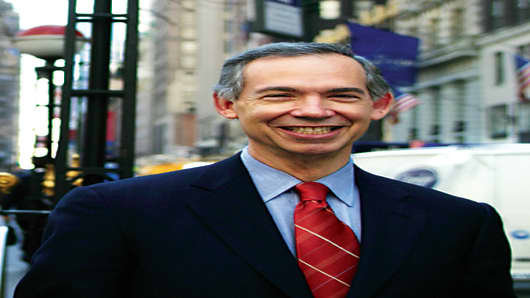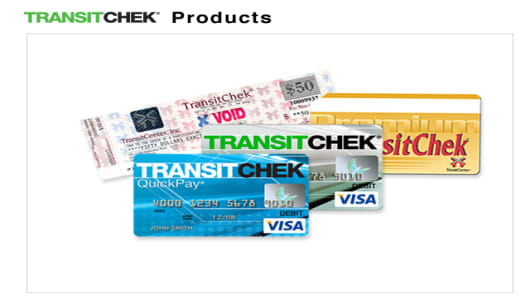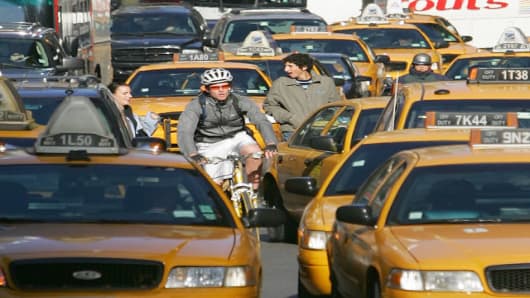Twenty years ago at the Port Authority of New York and New Jersey, Larry Filler came up a plan to entice companies and workers into using more mass transit. He thought he was simply fighting traffic congestion.
But over the years, the 1987 program -- where companies subsidize employee use of mass transit in exchange for tax breaks -- proved to be an effective tool in cutting carbon emissions. Today, some 11,000 companies and half a million employees use the TransitChek program, which now operates on a national level and has spawned competitors, while TransitCenter is now a stand alone, non-profit group.





